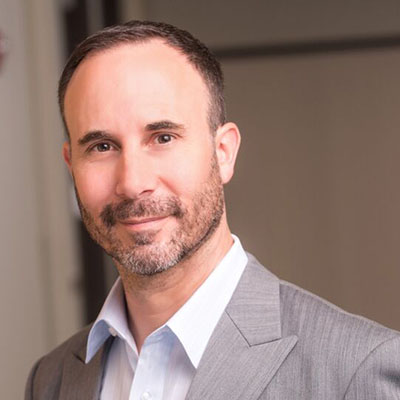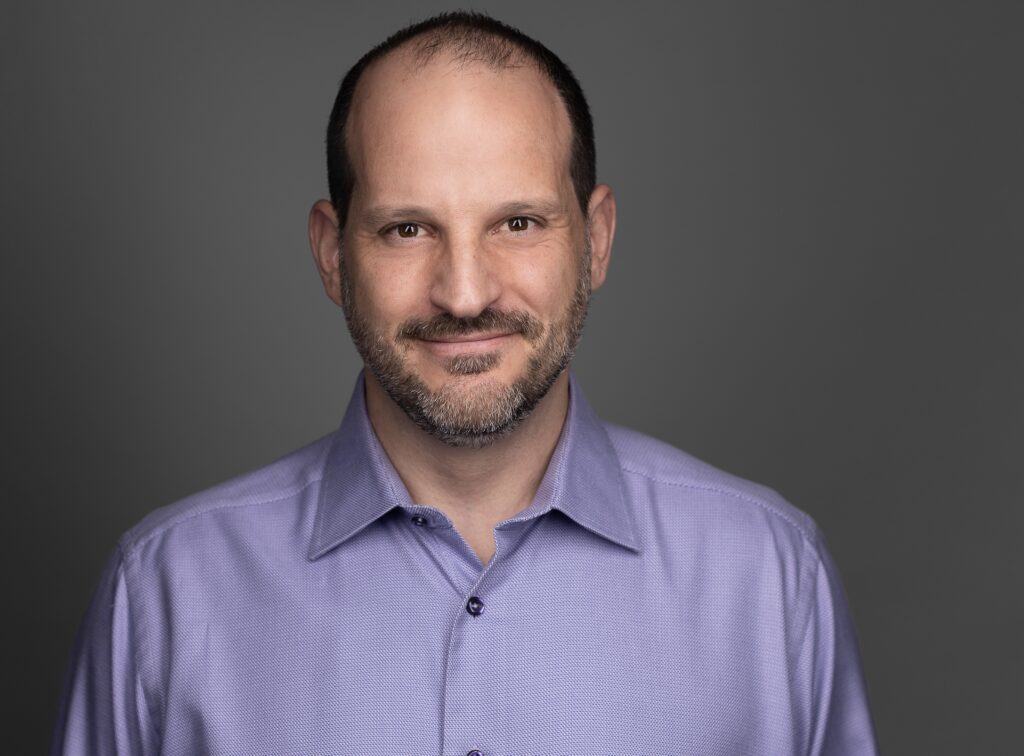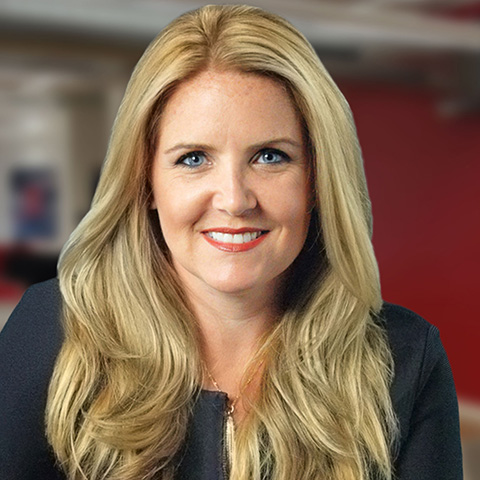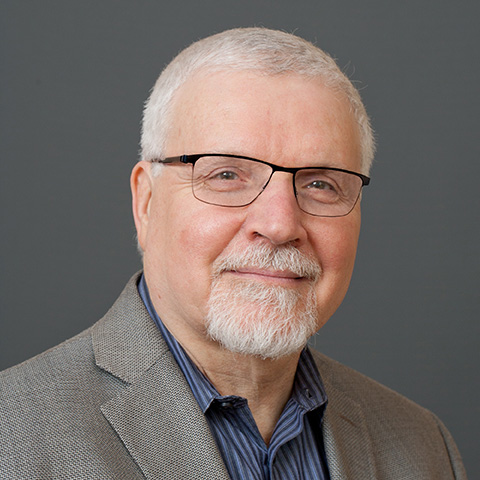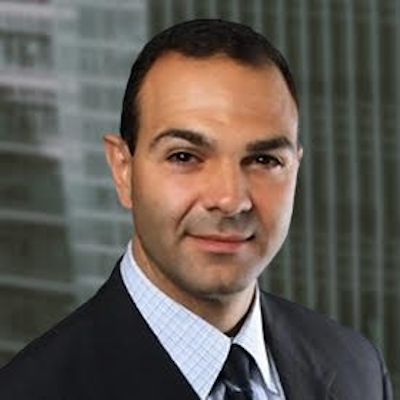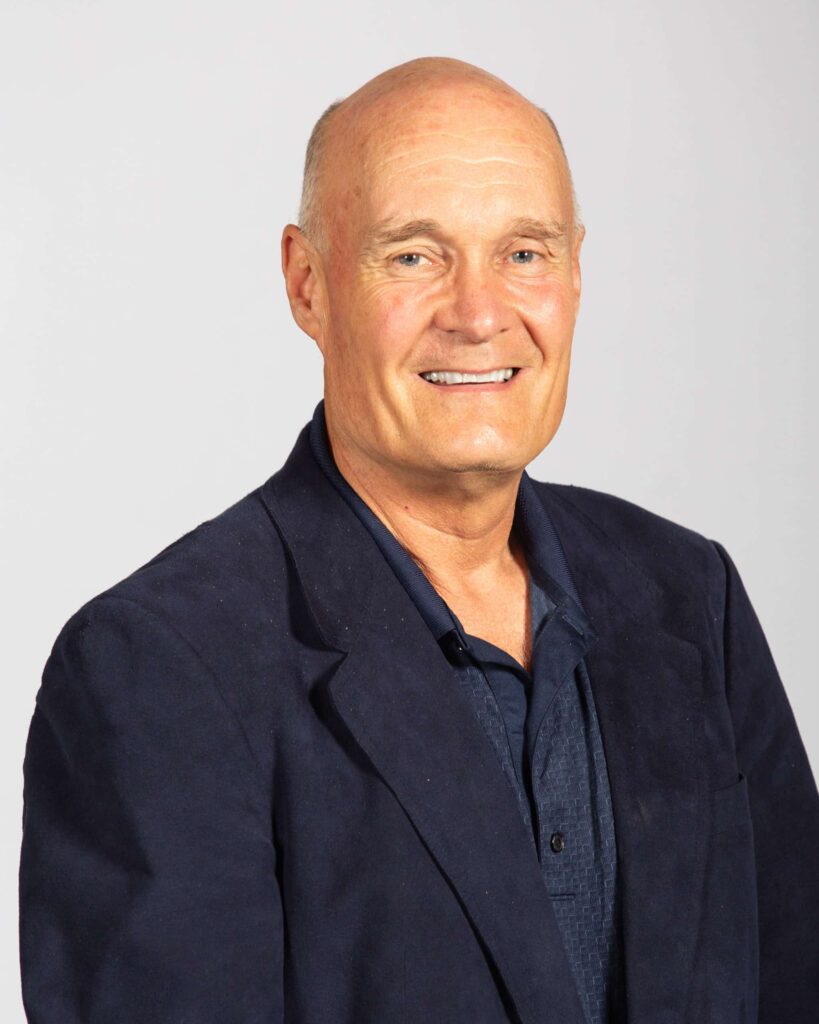In the Now Podcast: Episode 39
Join Nowspeed's CEO, David Reske, as he engages in discussions with founders, marketers, and CEOs from around the globe. Delving into the realm of marketing and leadership, aiming to unravel the myths and misunderstandings that often surround these topics.

David Kinnear CEO Coach | Vistage Chair
Which Is Better? Results Driven vs Time Based Work Culture
“If I can’t see you, you’re not working!” Many leaders believe that in-person work leads to higher productivity and collaboration, yet employees overwhelmingly want the freedom and flexibility of a remote work environment. Behind these lofty virtues lies a hidden bias that managers don’t think people are working unless they can see them working. Leaders talk about trust and respect, but they really like looking over their employee’s shoulders to see what’s really going on. In this episode of “In the Now,” David Kinnear, CEO Coach of Vistage Chair and David Reske, CEO of Nowspeed, talk about how to create a results-oriented work culture instead of a time-based work culture. Listen now to learn how to use trust and accountability to manage in a remote work environment!
Get a Free Marketing Analysis and Consultation
Nowspeed can review your Website, SEO, PPC, Email or Social Media Campaigns and identify ways to make an immediate impact!
Episodes
Want to be a guest on the show?
Episode Transcript
The benefits of remote work have become too apparent to ignore. Although some leaders advocate for a return to the office, David Kinnear, a former CEO, Chairman, and CEO coach of 17 years, maintains it’s the right path for a range of businesses.
Watch the full interview with David Kinnear here and read an excerpt from the interview below.
Nowspeed: Welcome to this edition of In the Now, where we focus on dispelling marketing and leadership myths with some of the world’s most fascinating individuals. I’m your host, David Reske, the CEO of Nowspeed Marketing. Our guest today is David Kinnear, a former CEO, Chairman, and CEO coach of 17 years. David, thank you for joining us. I know you’ve been hosting your own podcast for a while, so this is natural territory for you.
David: It’s an absolute pleasure to be here.
Nowspeed: It’s fantastic to have someone so experienced on our platform. Our aim is to delve into various topics, one of them being leadership and leading remote teams. David, in your experience working with CEOs, what’s a common misconception about leading remote teams?
David: A prevalent belief among some leaders is, “If I can’t see you, you’re not working.” However, this perception is entirely untrue. Just because an employee is at their desk doesn’t mean they’re necessarily being productive. I always advise the people I coach to focus on setting clear goals, timelines, and trust in the process. Whether or not you can see your employees is irrelevant.
Nowspeed: That’s an interesting perspective. Now, it seems almost nostalgic to think about the time when we all worked in physical offices. Could managers oversee work more effectively back then?
David: While physical interaction was more comfortable due to our innate need for human connection, being a better manager wasn’t about the employee’s physical presence. It was about setting clear goals, holding them accountable, and being a good leader. Productivity skyrocketed during the initial COVID-19 shutdown, challenging the traditional notion of workspace.
Nowspeed: Yes, I’ve seen that firsthand in my company, Nowspeed, a digital ad agency. However, leaders like Jamie Dimon and Elon Musk advocate for a return to the office. Do you perceive a backlash or trend against remote work?
David: It can be beneficial or detrimental, depending on the type of business. For example, if you’re running a manufacturing company, you can’t have a certain group enjoying the privilege of working from home while others must be onsite. But for a knowledge-based company, why not go remote if possible? It could lead to downsizing office space or even going entirely remote.
Nowspeed: So, it’s clearly a “smart move” for some businesses. Could you elaborate more on why remote work is beneficial for both employees and employers?
David: Employees cherish the flexibility that remote work offers. They can manage their schedules better, accommodating personal and work commitments. As for the employer, remote work can lead to increased productivity and employee retention. In today’s job market, where employees have multiple options, flexible work arrangements can be a decisive factor.
Nowspeed: In hindsight, the time spent commuting seems futile. Are there other advantages for the employers that come with remote work?
David: The increase in productivity and employee satisfaction is significant. In a comfortable environment, employees can work at their own pace, leading to better results. However, if the economy softens, employers might regain more control, but the complete reversal to traditional office hours seems unlikely. The benefits of remote work have become too apparent to ignore.
Don’t miss the rest of this useful interview with David Kinnear. Make sure to tune in for the full conversation here.

































